The people's right to choose their leaders through voting has been a defining feature of United States democracy since its inception.
That's largely why the Republican party has to shroud its intentions under a veneer of legitimacy when working to suppress the votes of Americans across the country.
Lately, the most popular scapegoat among the GOP is voter fraud. All evidence shows that voter fraud occurs at statistically insignificant levels, yet that didn't stop former President Donald Trump or his Republican allies from bolstering his lies that fraud occurred on such a large scale, it tipped the election to his opponent.
Though President Joe Biden has been inaugurated and Trump is back in Florida, the Republican party is already moving to suppress as many American votes as possible through legally questionable means.
The Supreme Court of the United States is currently hearing arguments for a case regarding two Arizona voting laws that opponents claim violate Section 2 of the landmark Voting Rights Act.
One of the laws forbids votes cast in the wrong precinct from being counted and another stipulates that only family members or caregivers can deliver absentee ballots on behalf of someone else.
Though Arizona Republicans have cited fraud in advocating for the restrictions, but during oral arguments on Tuesday, one Republican lawyer said the quiet part out loud.
Listen below.
When asked by Trump-appointed Justice Amy Coney Barrett why these laws were of interest to Republicans, lawyer Michael Carvin responded:
"Because it puts us at a competitive disadvantage relative to Democrats. Politics is a zero-sum game and every extra vote they get through unlawful interpretations of Section Two hurts us."
Carvin admitted what Americans have known for a long time: the GOP benefits from suppressing the sacred right to vote.
People were only surprised to hear it stated so plainly by one of its advocates.
Though it was an honest argument, it was far from a good one.
Given the conservative majority on the Supreme Court, fears are rising that the Court may strike down what little is left of the Voting Rights Act.

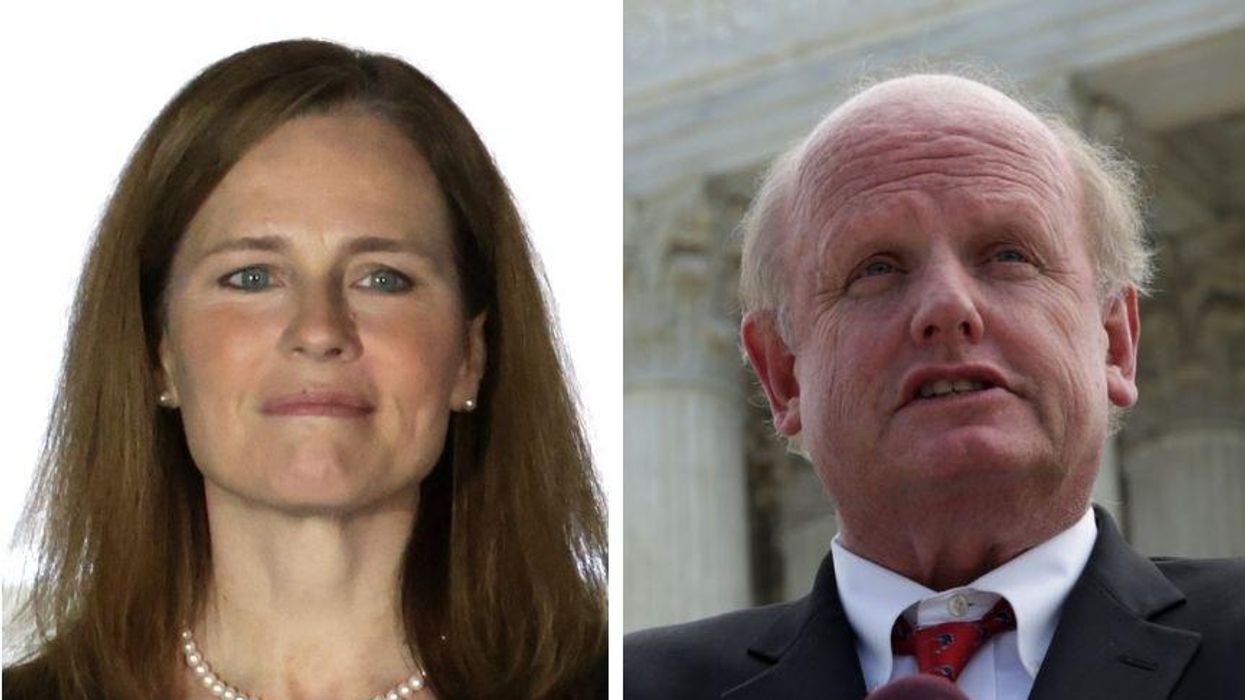


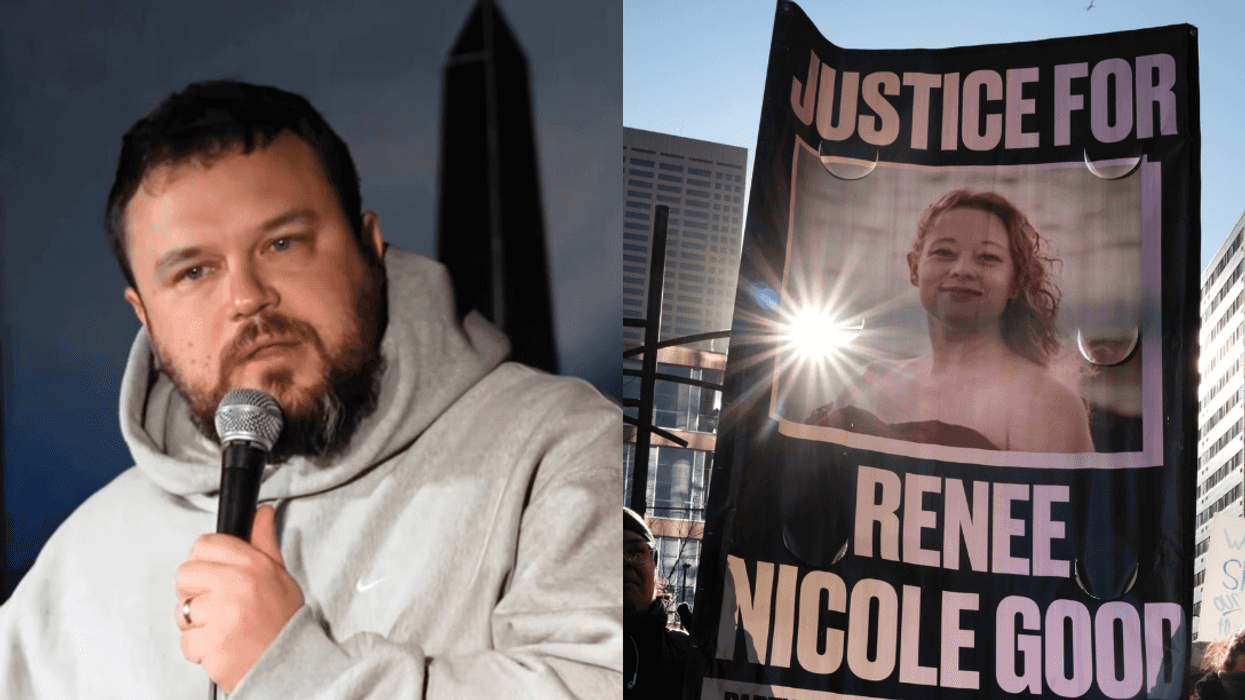
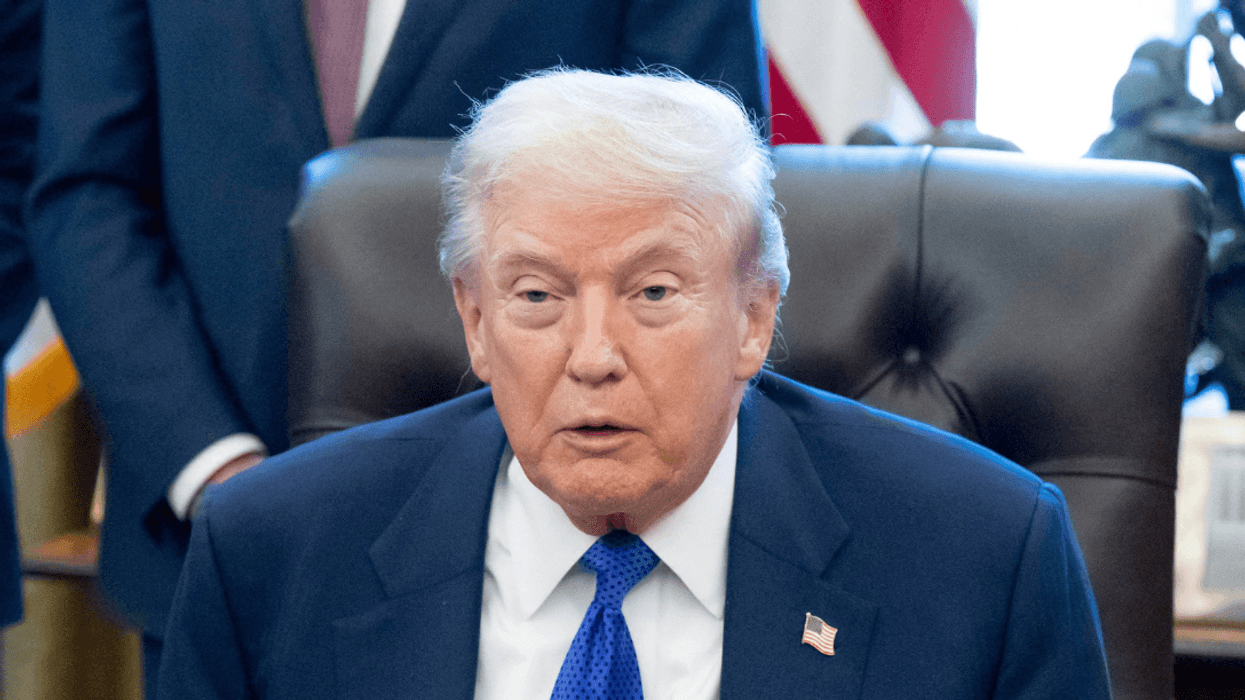
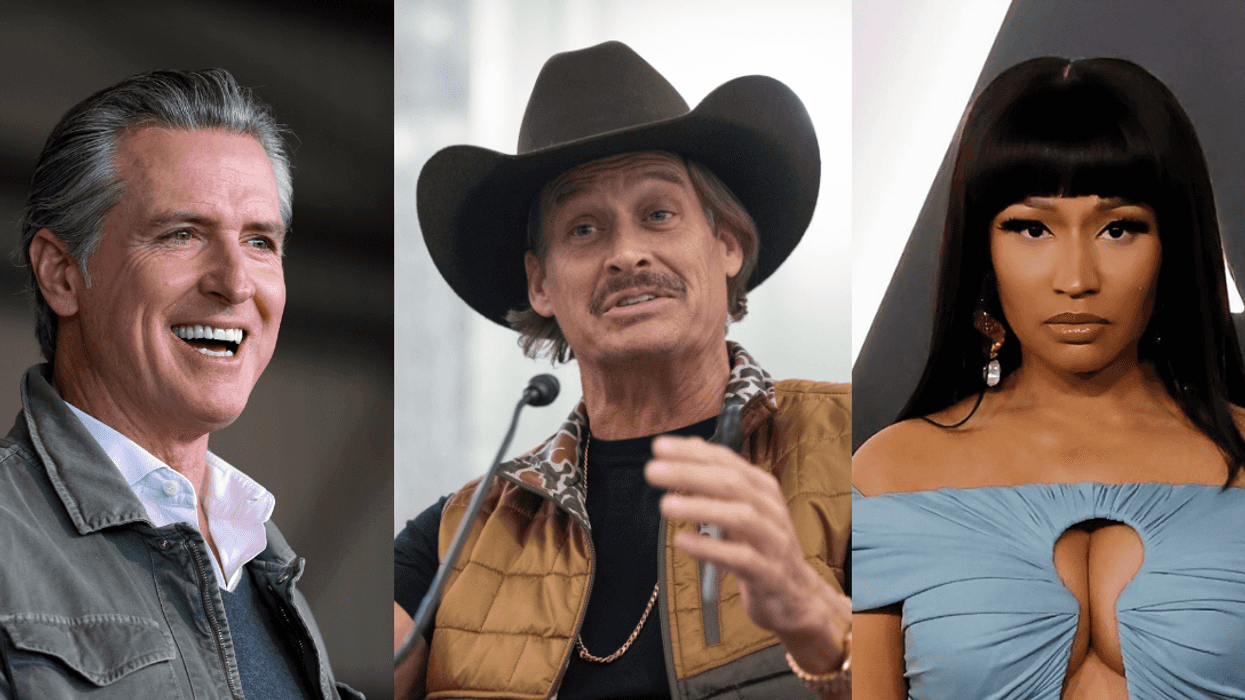
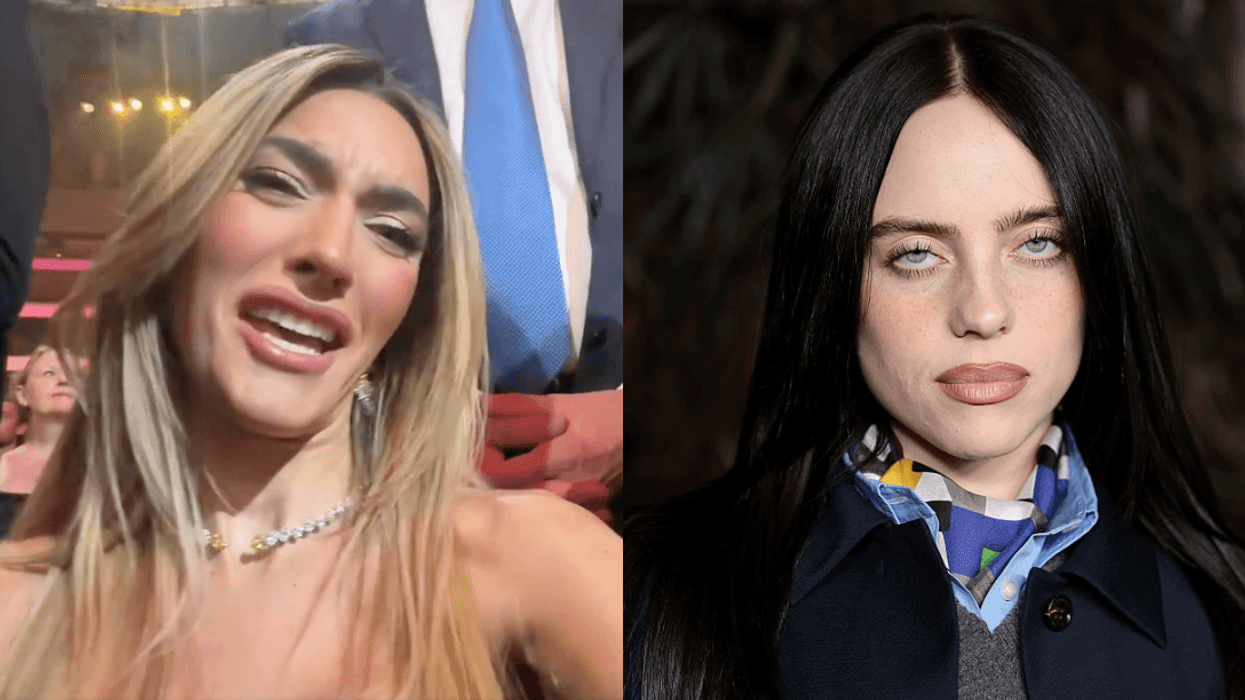

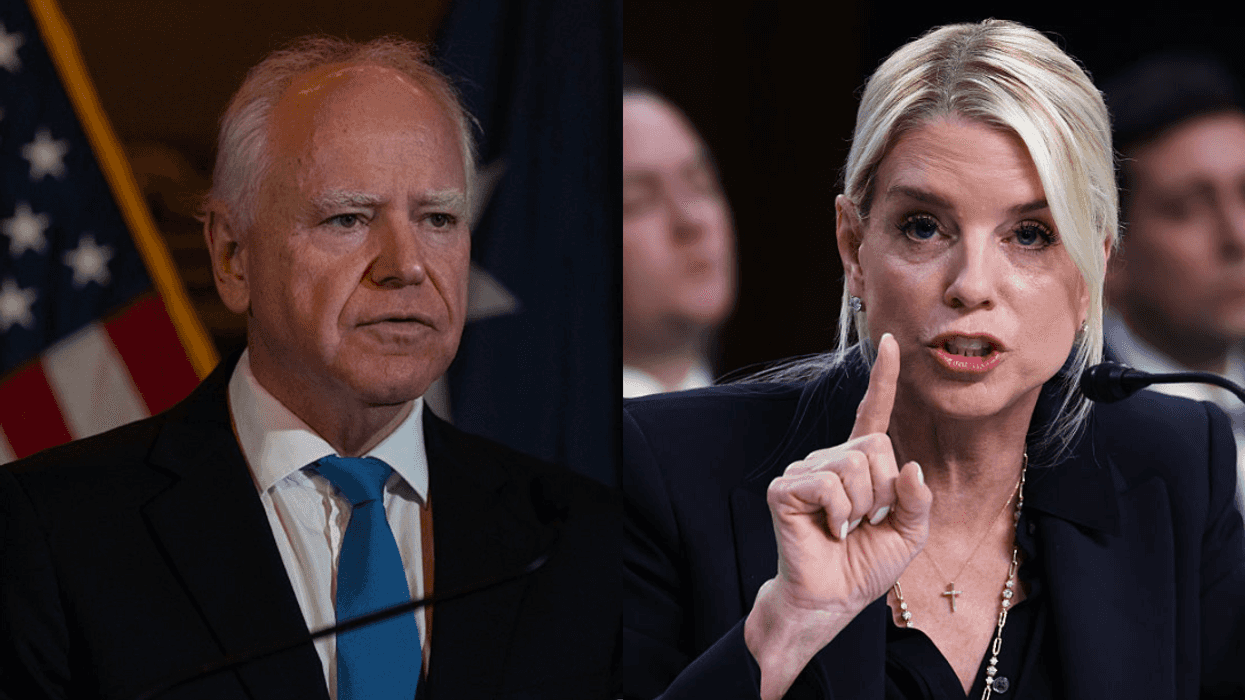



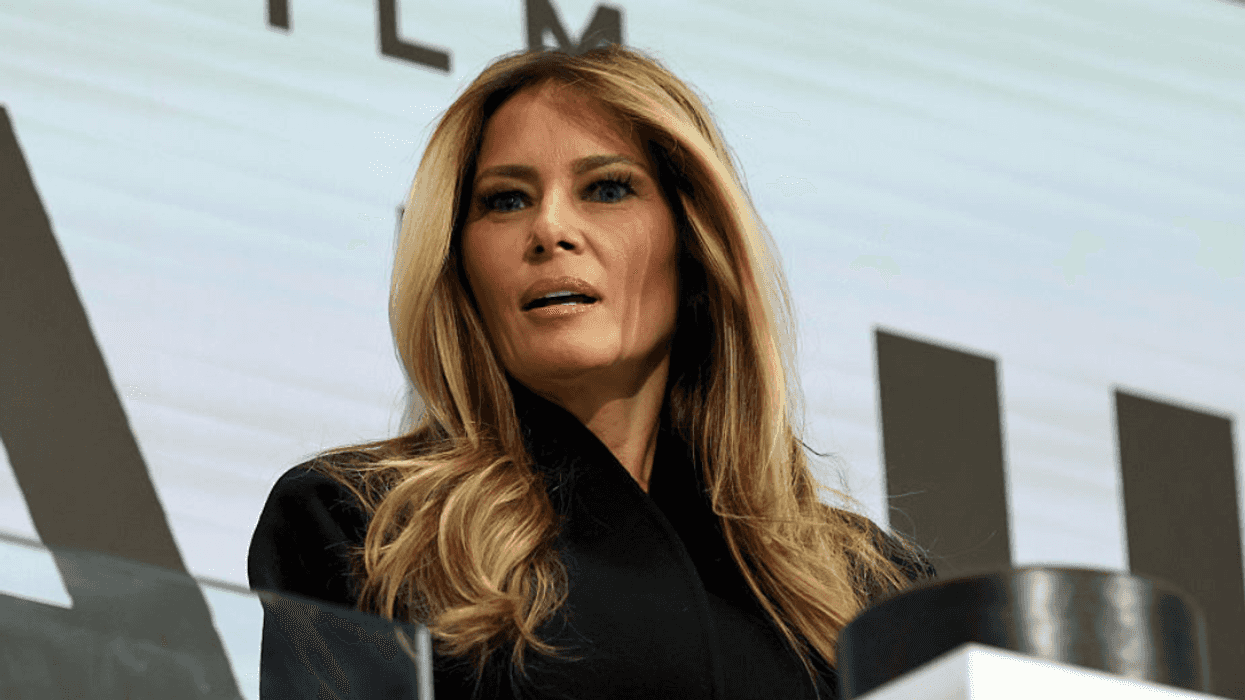
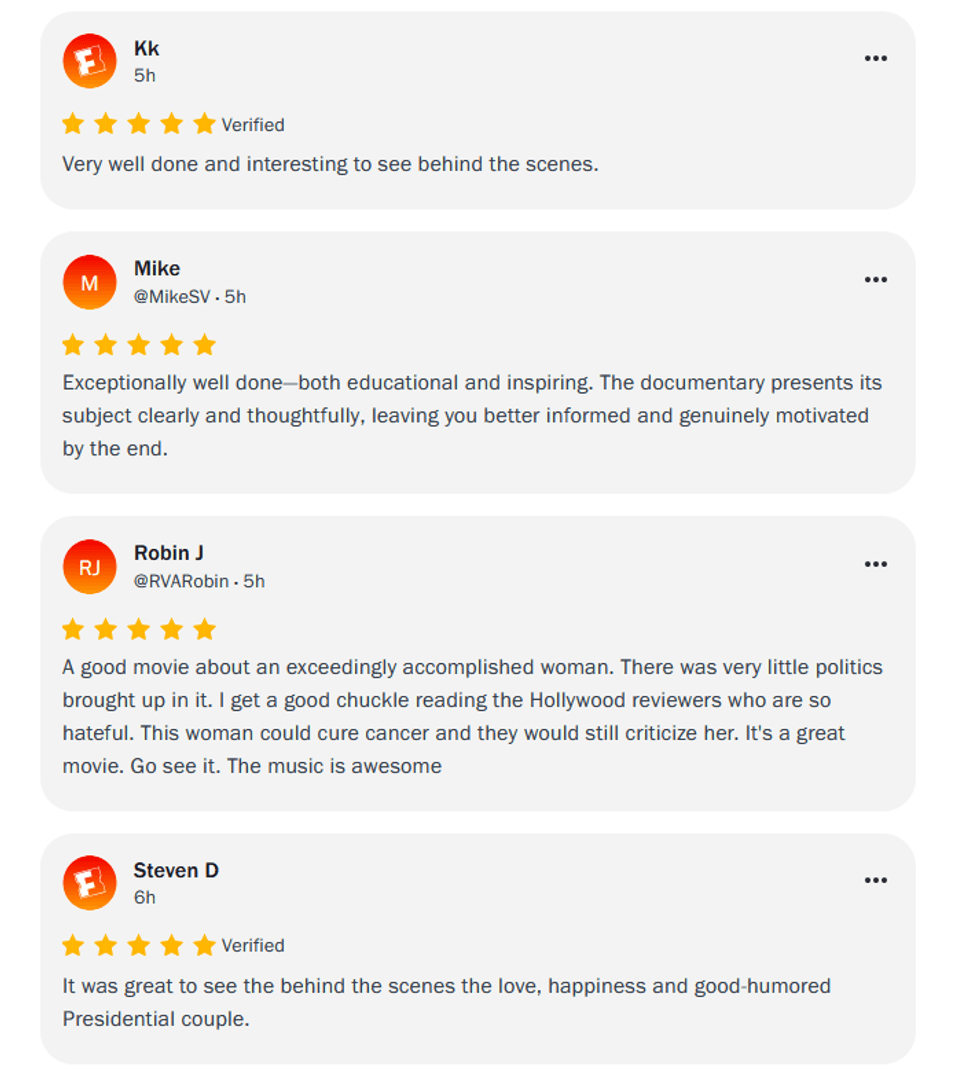 @obamaatredrobin/X
@obamaatredrobin/X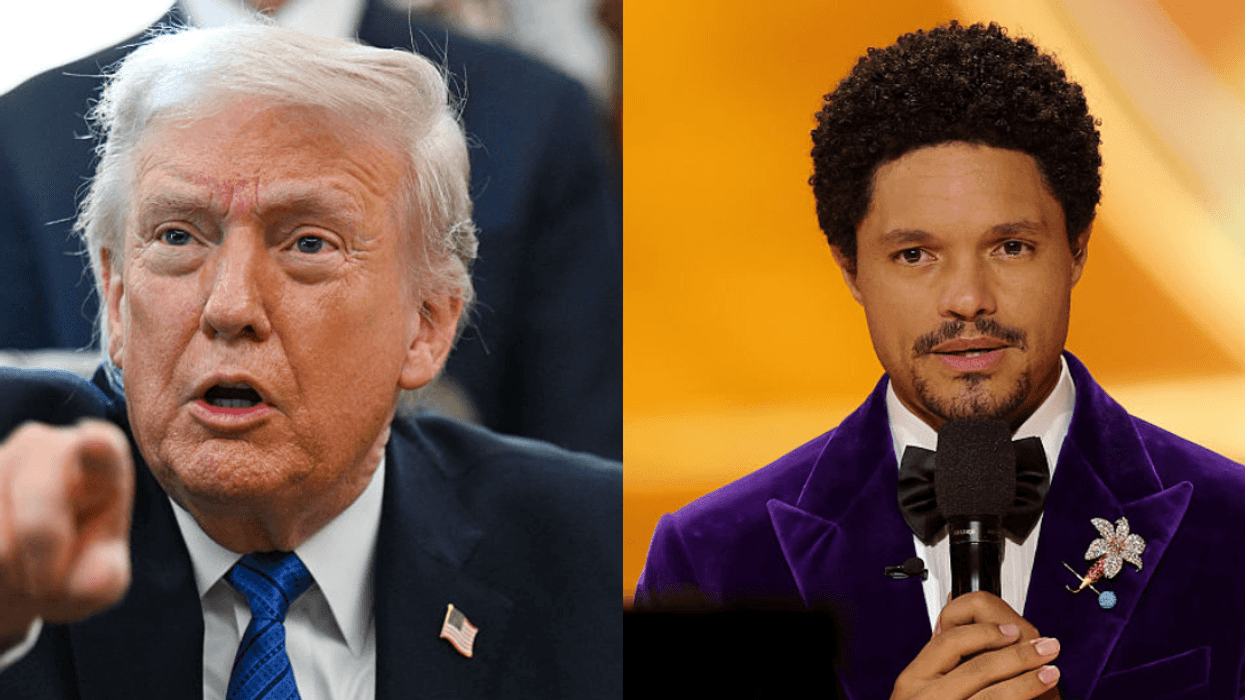
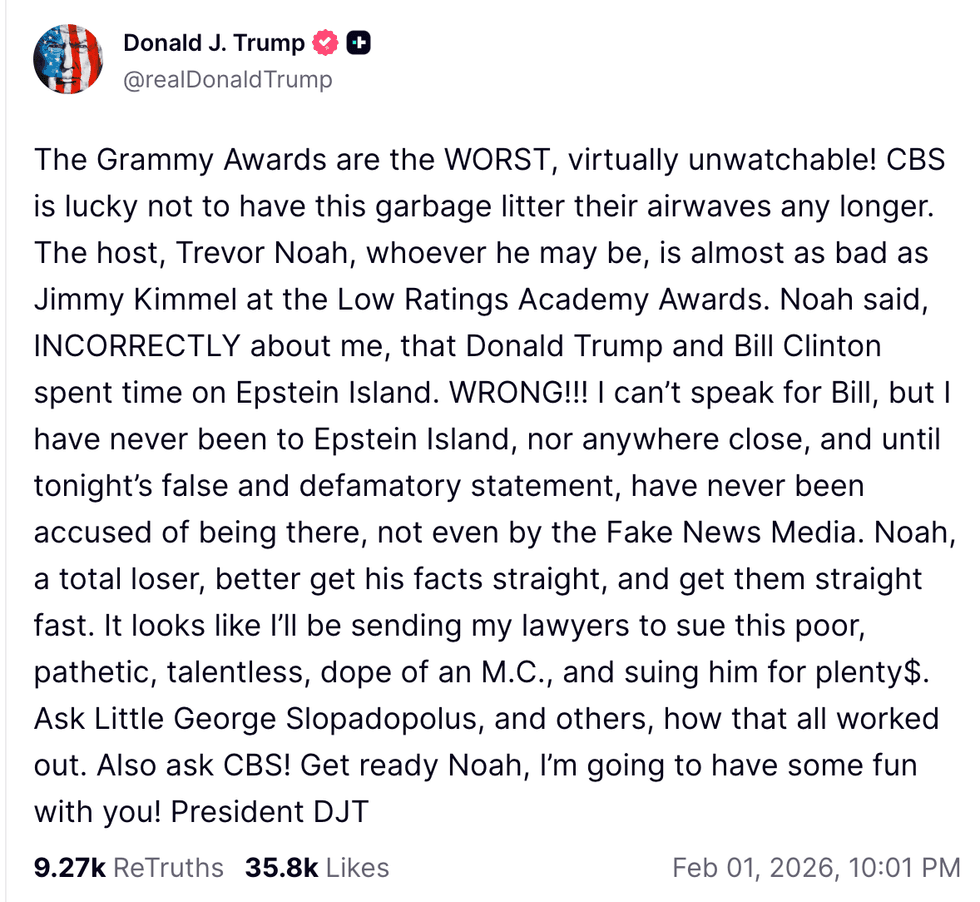 @realDonaldTrump/Truth Social
@realDonaldTrump/Truth Social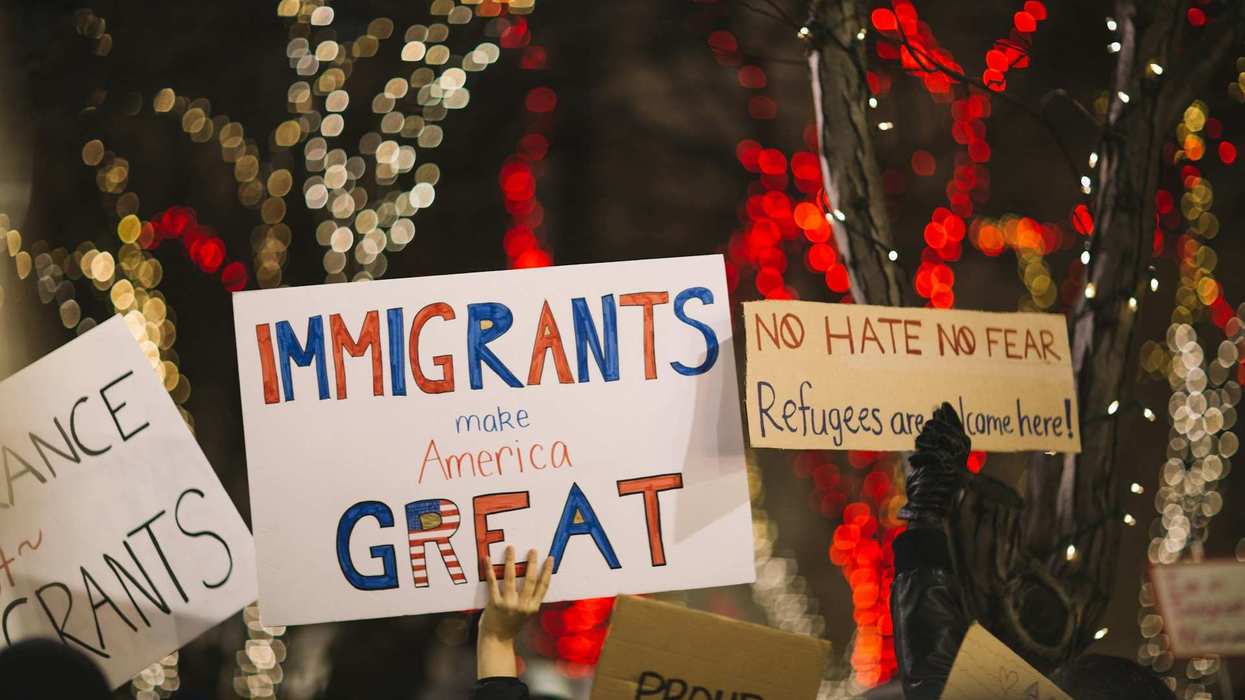

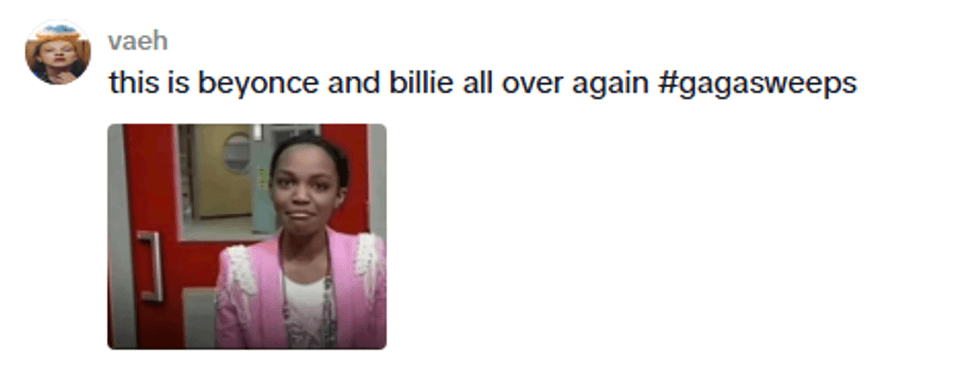 @.a.zan/TikTok
@.a.zan/TikTok @.a.zan/TikTok
@.a.zan/TikTok @.a.zan/TikTok
@.a.zan/TikTok @.a.zan/TikTok
@.a.zan/TikTok @.a.zan/TikTok
@.a.zan/TikTok @.a.zan/TikTok
@.a.zan/TikTok @.a.zan/TikTok
@.a.zan/TikTok @.a.zan/TikTok
@.a.zan/TikTok @.a.zan/TikTok
@.a.zan/TikTok @.a.zan/TikTok
@.a.zan/TikTok @.a.zan/TikTok
@.a.zan/TikTok @.a.zan/TikTok
@.a.zan/TikTok @.a.zan/TikTok
@.a.zan/TikTok @.a.zan/TikTok
@.a.zan/TikTok @.a.zan/TikTok
@.a.zan/TikTok